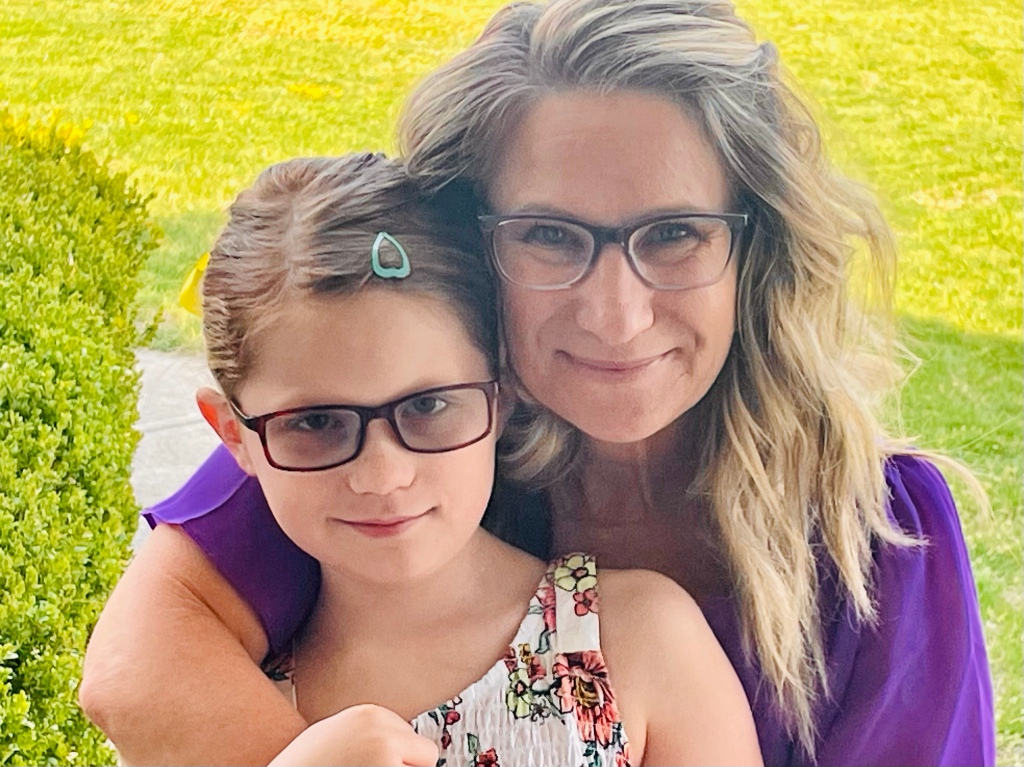Dear Special Educator,
I know it’s that time of year when you are counting down the days until summer. I can still remember that feeling, especially strong during my first few years as a teacher of the deaf and hard of hearing. I admire your dedication to my children and to the field of education. Your efforts are not unseen.
I’d like to take the time to explain the big WHY when it comes to advocating for my children at their IEP meetings. It’s a long story that encompassed years of my life but don’t worry, I’ll make it a two-minute read.
The disabilities my children have are invisible to most people. They cannot be seen, but rather understood. Before their disabilities were discovered they were being punished for “misbehaving”. You see, when a child has Autism and/or ADHD, their behavior is affected by their disability. Let me say that again. A child’s behavior, when they have Autism, is a manifestation of their Autism. It’s not a reflection of their attitude or their willingness to do as you ask them to do. They often reported wanting to please their teachers, but didn’t understand how.
“Masking” is a term used to describe how my children cope with their neurological differences in social settings. Just as a child might wear hearing aids or utilize a sign language interpreter, my children “mask” their behaviors to access the curriculum and communicate effectively. If you “don’t see” the behaviors we tell you about in our house, it is because our children mask with you. They are not being their true authentic selves, they are adjusting to meet your standards in a way that is harder than neurotypical students. Masking causing serious fatigue. Would you want your child to try tirelessly all day to fit in with a neurological community and not have their neurodiversity recognized by their teachers?
When as a parent, when I am told my child’s behaviors are not congruent at school with what we report to see at home, it inflicts a sense of mistrust in me. As a parent, placing my child in your hands, it’s critical we establish trust. When I sense you don’t trust me it makes it’s difficult for me, to trust you. I want trust in our working relationship.
If you researched the average length of time it takes a parent to get a Level 1 Autism diagnosis, you’d be looking at 4-18 months. For military families, we have to enroll in 2 programs after that before we can even think about having support providers in our home to assist. So, when we finally get a proper diagnosis and present it to the school, we look forward to receiving support. We, just like you, are exhausted and ready for the summer.
Now, more than over, Military insurance is limiting services service plans, forcing parents to advocate even stronger for services to be provided in the school setting. I say this to let you know, to do you a solid, to let you know what’s coming down the pipe. Because I am on your side.
I don’t have Autism or even ADHD, while sometimes I think I do, I don’t. So I don’t personally understand the impact masking has on one’s overall body, mind and soul. However, I trust that you will learn with me, how to help my children recognize their true authentic selves and be proud of who they are. I know there’s not a state standard for that. However, I’m guessing you went into special education to help children with disabilities. Mother to mother, I hope you do not see my child’s behaviors at school. I’m telling you about them so you can better understand my child as a whole and be their best teacher. You might just want to say something like “Thank you for letting us know. Let’s brainstorm some ways we can help make her day easier at school.”

Masking occurs when a person with Autism tries to display the expected behaviors in a given setting. It can be emotionally and physically exhausting.
This is just something I never seem to get to say at an IEP meeting.
Thank you for all you do,
Chelsea, Mrs. Hull, but not your mother
Leave a comment